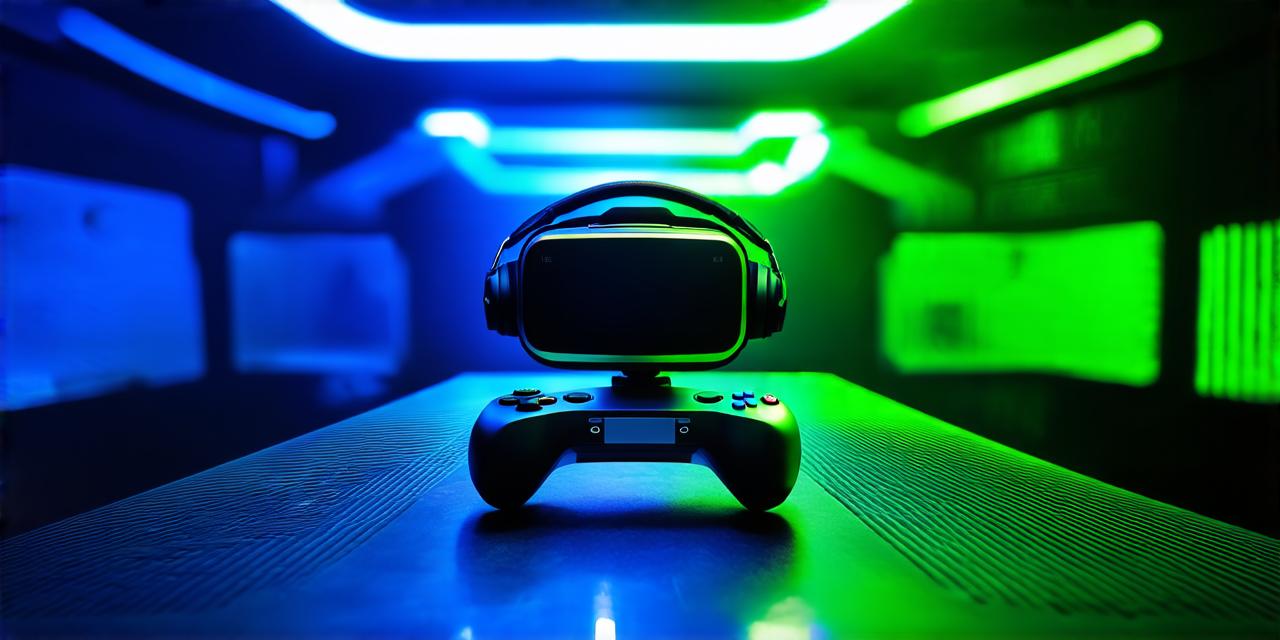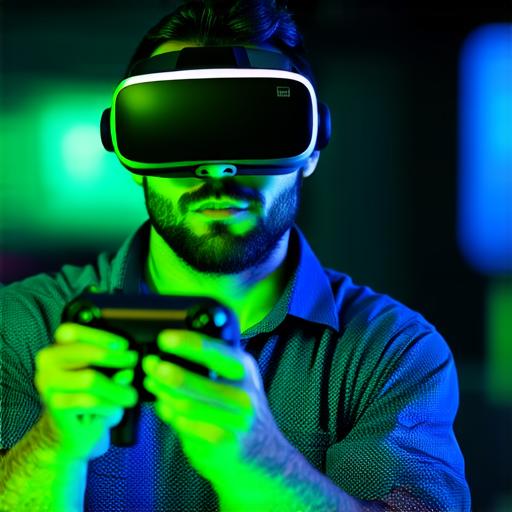
What does experiencing virtual reality feel like?
Virtual reality (VR) is an immersive technology that allows users to experience and interact with virtual environments.
While VR has been around for several decades, it’s only in the last few years that it has become mainstream. With the rise of consumer-grade VR devices and the increasing popularity of gaming and entertainment applications, VR developers are constantly seeking ways to create more engaging and immersive experiences for users.

Understanding the Science Behind Virtual Reality
At its core, virtual reality is all about creating an illusion of presence. When a user puts on a VR headset, they are surrounded by a 360-degree field of view that creates the illusion of being in a physical space. This illusion is further enhanced by the use of stereoscopic displays and motion tracking technology, which allows the user’s movements to be accurately tracked and translated into the virtual environment.
The science behind VR is rooted in psychology and neuroscience. Research has shown that our brains are wired to process sensory information from our surroundings and use this information to create a sense of presence in the world around us. When we enter a virtual environment, our brains continue to process this sensory information, creating the illusion of being in a physical space.
The Power of Immersive Experiences
One of the key benefits of VR is its ability to create immersive experiences that can be difficult or impossible to replicate in the real world. For example, a surgeon could use VR to practice complex procedures in a simulated environment before performing them on a patient. Similarly, a pilot could use VR to train for high-pressure flight scenarios without risking their life or the lives of others.
Immersive experiences can also be incredibly engaging and entertaining. Many people who have tried VR report feeling a sense of awe and wonder at the technology and the immersive environments it allows them to explore. This engagement can lead to increased motivation, creativity, and even emotional connections with the virtual world.
Personal Stories from People Who Have Experienced VR
As VR technology continues to evolve, more and more people are getting the chance to experience it firsthand. Here are a few personal stories from people who have tried VR:
“I was blown away by how realistic the virtual world felt,” said one user. “I felt like I was really there, exploring a new city or hiking up a mountain.”
Another user described the sensation of being in VR as “surreal and exhilarating.” They reported feeling a sense of freedom and empowerment that they had never experienced before.
Finally, one user said that their experience with VR made them feel more connected to the world around them. “I felt like I was really part of the environment,” they said. “It was like I could reach out and touch things or interact with them in ways that I couldn’t in real life.”
Creating More Immersive Experiences for Users
As VR technology continues to evolve, developers will need to continue pushing the boundaries of what is possible.


